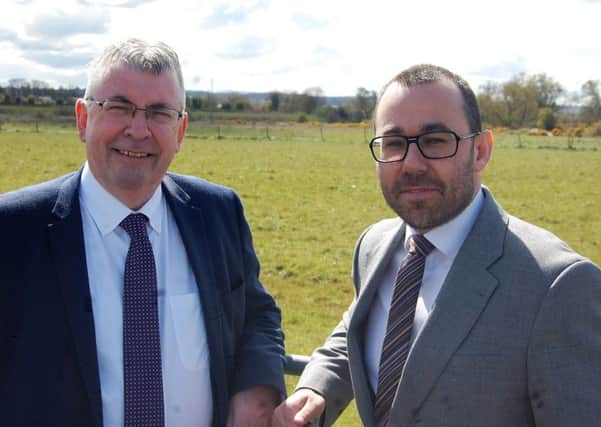Don't make farm succession planning the '˜elephant in the living room'


One is the process of transferring the management of the business and who will work in the business, and the second is the transfer of the farming assets themselves.
A complicated family history, different ambitions and aspirations can make the process difficult, but for Succession planning to be successful, it must be recognised that all of the individuals involved should be allowed to voice their opinions without fear of reprisal or judgement. These ground rules are best established by using an experienced third party professional to facilitate meetings and help move the process along.
Advertisement
Hide AdAdvertisement
Hide AdHaving dealt with many of the problems a farming life can present during a working lifetime the ultimate challenge to any farming family is to oversee and plan how the business will follow on to a new generation.
Too many farming families act without consulting a professional adviser, making decisions for practical reasons or because that is how it was traditionally done. These actions can have considerable tax, legal and financial implications.
An ongoing examination of wills, trusts, partnership and shareholder arrangements must be made to determine if they are fit for purpose and still relevant. Issues such as the retirement of partners, illness, bankruptcy, mental capacity, and dispute resolution all need to be addressed.
The issue of fairness with regard to those who will not be directly involved in the business is often a difficult one. However, with the use of carefully crafted wills and trusts along with whole of life assurance, we have found that usually all beneficiaries of Succession can be accommodated. The use of discretionary trusts can allow someone to farm for their lifetime as well as protecting the asset for up to 80 years in Northern Ireland.
Advertisement
Hide AdAdvertisement
Hide Ad